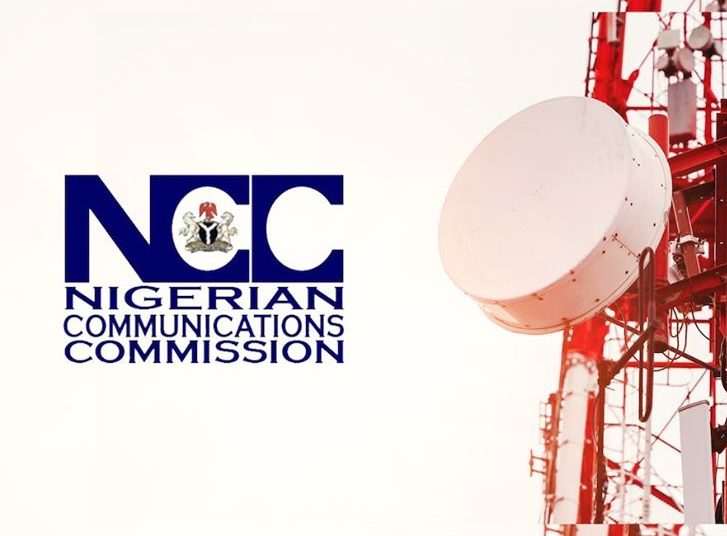The Nigerian Communications Commission (NCC) recently hosted a stakeholders’ meeting to address the impending implementation of a five percent excise duty on telecommunications services, which has sparked a dispute between the Minister of Finance, Budget and National Planning, Zainab Ahmed, and the Minister of Communication and Digital Economy, Isa Ali Pantami.
The finance minister, represented by Musa Umar, Assistant Director of Tax Policy at the Ministry of Finance, reiterated that the excise duty, which has been part of the Finance Act since 2020, would now be enforced. According to the finance minister, telecom operators will be required to collect the excise duty on internet data and phone calls and remit the payments to the federal government monthly, on or before the 21st of each month.
Despite opposition from Pantami, who voiced concerns about the negative impact the tariff hike could have on the telecom sector’s growth, the finance minister emphasized that the decision was final. Pantami had expressed strong disapproval of the policy, stating that it was counterproductive to impose such a tax on a vital sector, especially given the economic difficulties faced by citizens. He also criticized the timing and process of implementing the excise duty, arguing that broadband is a necessity, not a luxury.
However, Ahmed responded by clarifying that Pantami could not claim ignorance of the policy, as he had been involved in the creation of the Finance Act, which includes the excise duty. She stated that the National Assembly had passed the Finance Bill, which President Muhammadu Buhari signed into law, and that the inclusion of telecommunications services in the Act was well within the government’s purview.
The excise duty, which has yet to be implemented since its introduction in January 2021, had been delayed to allow for a reasonable transition period and to clarify implementation processes. The finance minister explained that the delay was to ensure a smooth rollout and provide sufficient time for all stakeholders to adapt.
The excise duty on telecom services, which is already in place in several Sub-Saharan African countries such as Tanzania, Kenya, and Ghana, is expected to have a significant impact on Nigeria’s rapidly growing telecom sector, which saw over 200 million active subscriptions in 2020.
NCC’s role in facilitating this dialogue underscores the regulatory body’s commitment to balancing the needs of the telecom sector while ensuring compliance with government policies.




